– "We held a cabinet meeting to kick off the fall season in Geszt (a village in south-east Hungary -ed). The key focus was to set the right balance for the government's operations," PM Viktor Orban told public Kossuth Radio's Good Morning, Hungary! program in his Friday morning interview. He explained that while there is a huge temptation for Hungary to focus on foreign policy, the government must primarily concentrate on the economy. "We are reviewing the next six months with each ministry," he added, regarding the cabinet session.
Discussing the current economic situation, Mr. Orban pointed out that the EU is waging an economic cold war. This, he said, was the worst that could happen to Europe, including Hungary.
If global trade is paralyzed, selling products will become more difficult, and this is directly linked to the daily living standards of families. That’s why we are building economic neutrality,
– he added.
Economic neutrality
PM Orban emphasized that the strategy of economic neutrality is sparking significant debates, but if we read between the lines, it’s about attempts to derail Hungary from its path of economic neutrality.
If we do this well, we can increase our economic performance to between 3% and 6%, which means wage hikes. Economic neutrality brings growth and higher living standards. We must stand our ground, defend this position, and be successful. If we achieve 4 percent growth next year, while Western countries stay around zero, one or two percent, it will be difficult to bring us back into the fold. We need success,
– the prime minister emphasized.
He underlined that tourism has had a record year and the food industry is in good shape, but the automotive industry is "coughing," although that will change. When they took over the government in 2010, unemployment was high, but today, everyone has a job, and there are more positions than there are people willing and able to work, Mr. Orban said.
We have high-quality, skilled and disciplined workers, which is closely tied to the fact that Hungary is experiencing growth,
– he explained.
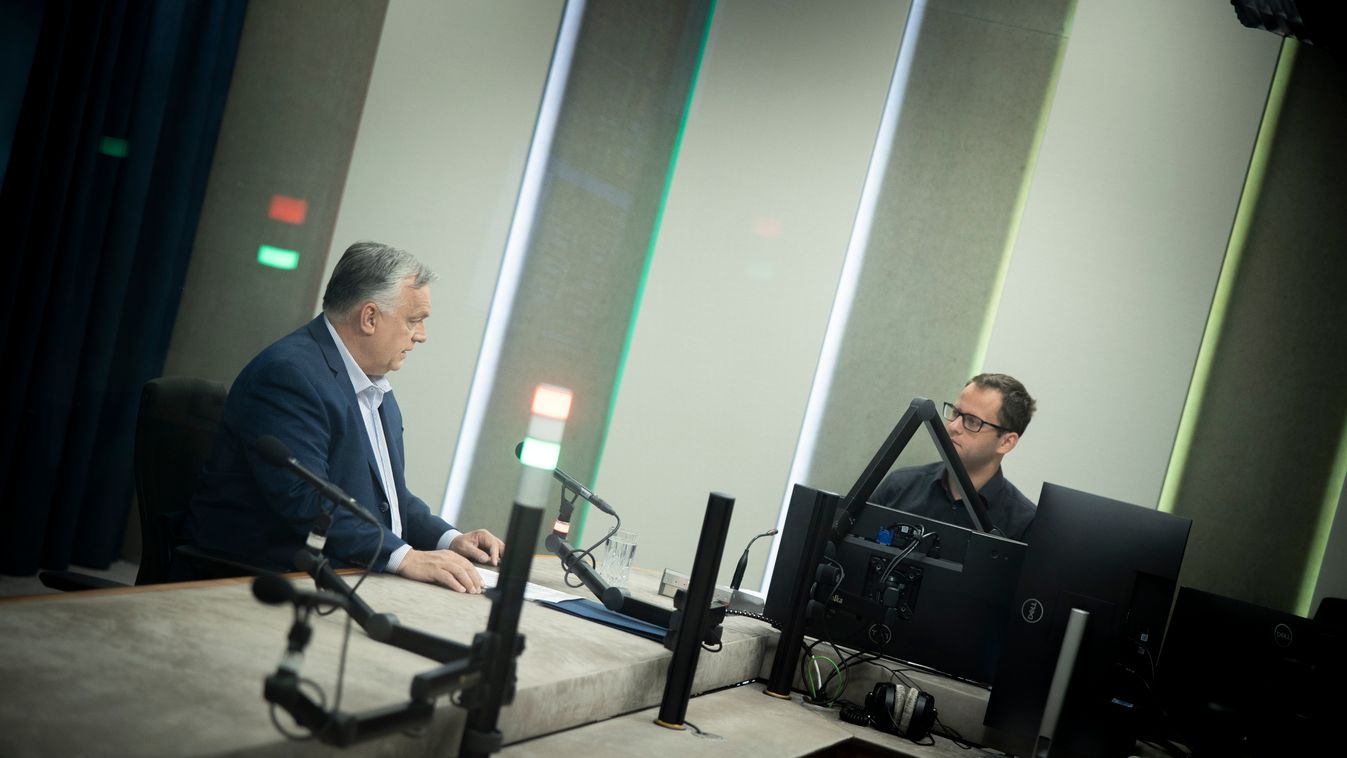





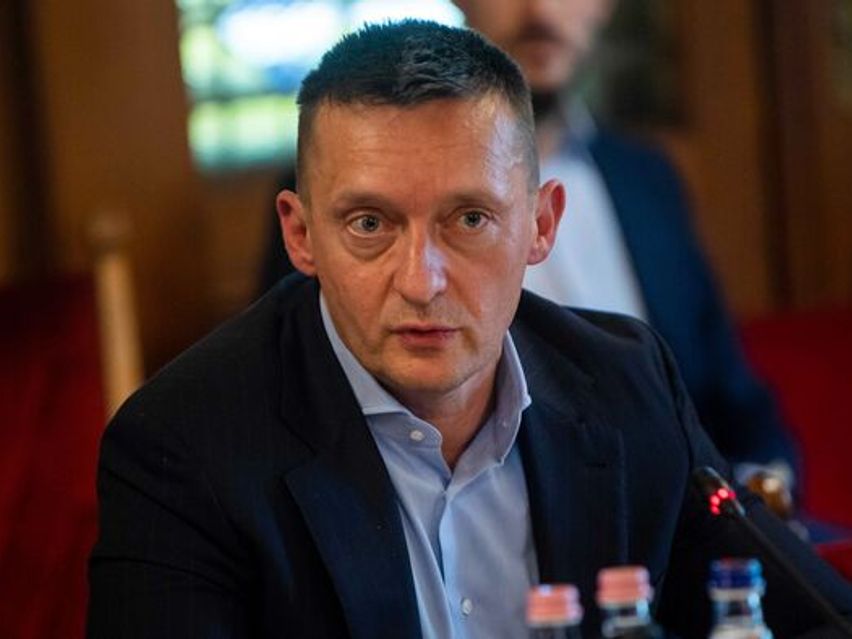
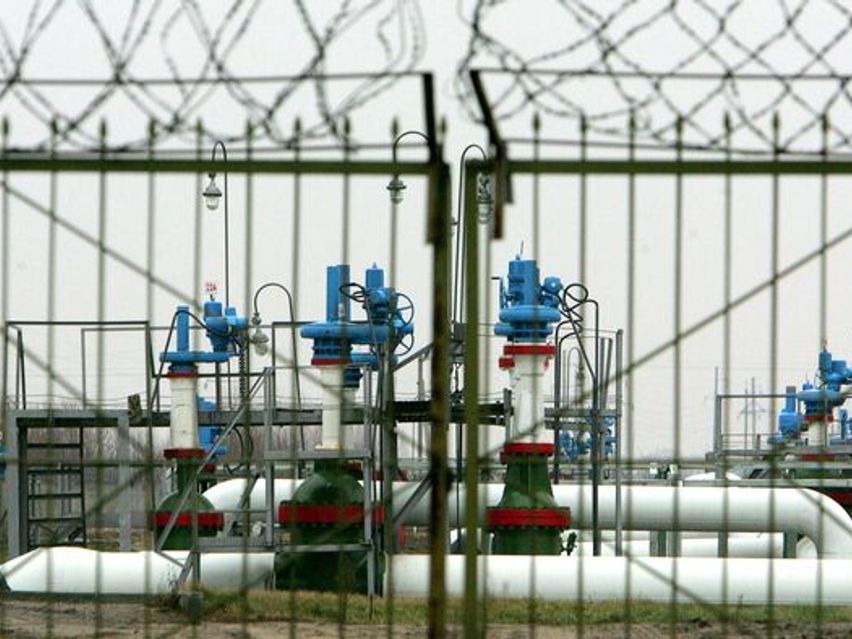






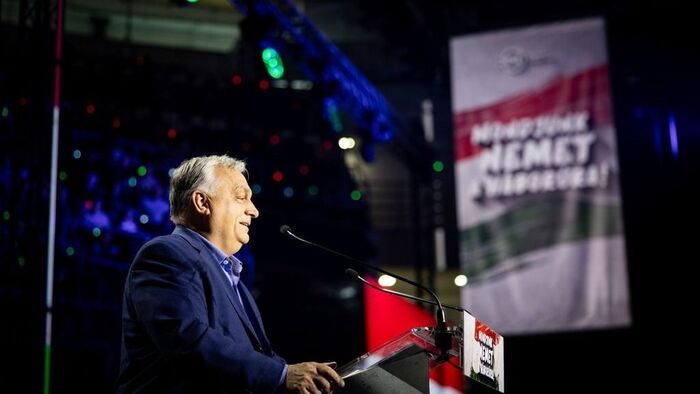
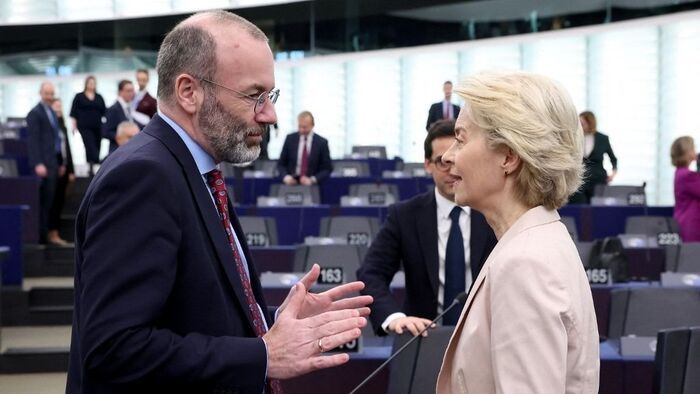
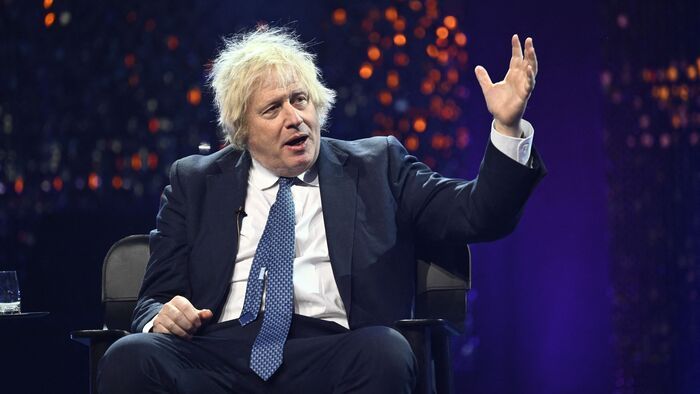
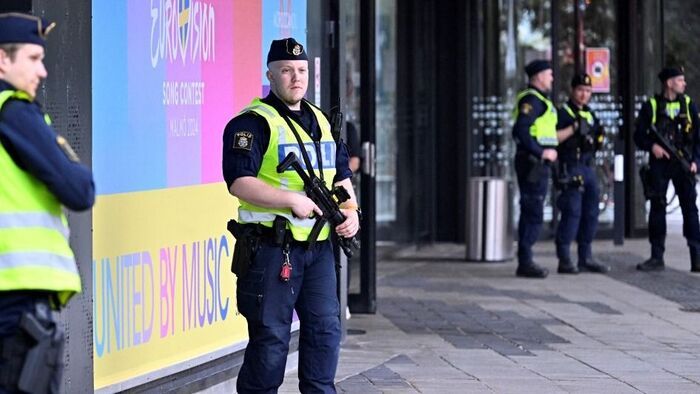





Szóljon hozzá!
Jelenleg csak a hozzászólások egy kis részét látja. Hozzászóláshoz és a további kommentek megtekintéséhez lépjen be, vagy regisztráljon!